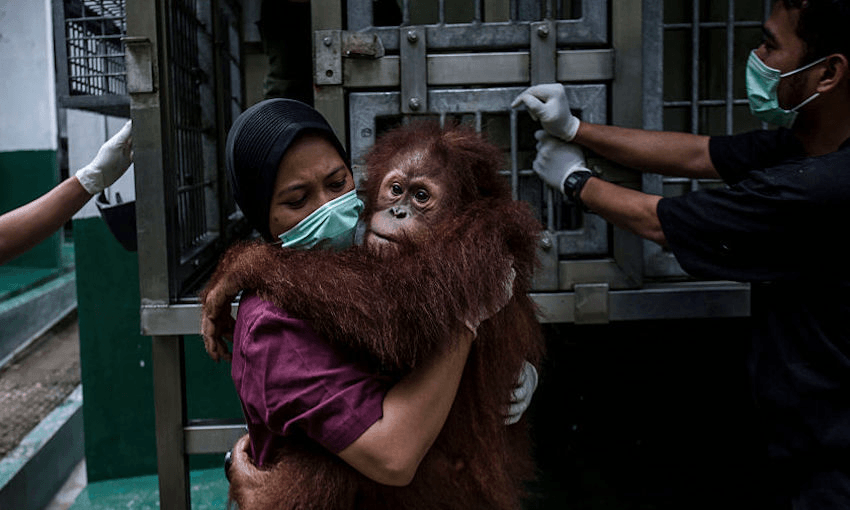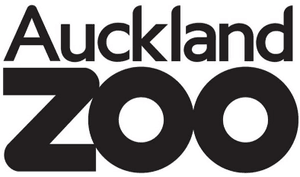In this episode of Good Ancestors, we’re talking to the young people who are leading the campaign against unsustainable palm oil and how it shows that consumer power can make a difference – but, in the face of political inertia, it isn’t as easy as it looks.
When Ben Dowdle was in year 11 at Pakuranga High School he heard a talk at Auckland Zoo about unsustainable palm oil. He learned about the damage palm oil was doing to rain forests, animals habitats, and the environmental and social consequences of the industry, and he decided to do something about it. The solution seemed simple.
“In New Zealand and Australia, you can label palm oil generically as vegetable oil. Naïve young people that we were, we thought it would be very easy to change this policy because surely the minister can’t know that this is happening – if they did know, they’d just change it straight away. So we started the unmask palm oil campaign with Auckland Zoo, to run a very small campaign at first,” says Ben.
“We were a few months in before the minister came back and said, ‘We actually know about this and we’re not going to change anything.’”
Listen to episode three of Good Ancestors, a four-part podcast that examines the role of children in our planet’s future on the player below, subscribe on iTunes, or download this episode (right click and save).
That was more than seven years ago. And while it became impossible for MPs to ignore the increasing volume of the collective voices of the young people who gathered behind him, the political process slowed any momentum for change.
It’s hard not to hear an echo of climate change inaction as young people again demand for better from political leaders. One of the things Dowdle says he learned with the palm oil campaign was that New Zealand’s democracy – even if it can be infuriatingly slow – is open and that politicians find it very hard to say no to idealistic young people. And he believes while it might be small, this country’s identity as a progressive outlier on issues from women’s suffrage to Nuclear Free New Zealand give it a powerful platform when it comes to climate change
“As a percentage, our emissions are below 1% of global emissions but we have this incredible potential to stand up on the world stage and demand action and lead action and not underestimate how powerful New Zealand is globally. These stories do go global and people do still know us as the clean green country that’s very far away and we really can make a difference and stand up on the world stage.”
This content was created in paid partnership with Auckland Zoo. Learn more about our partnerships here.

